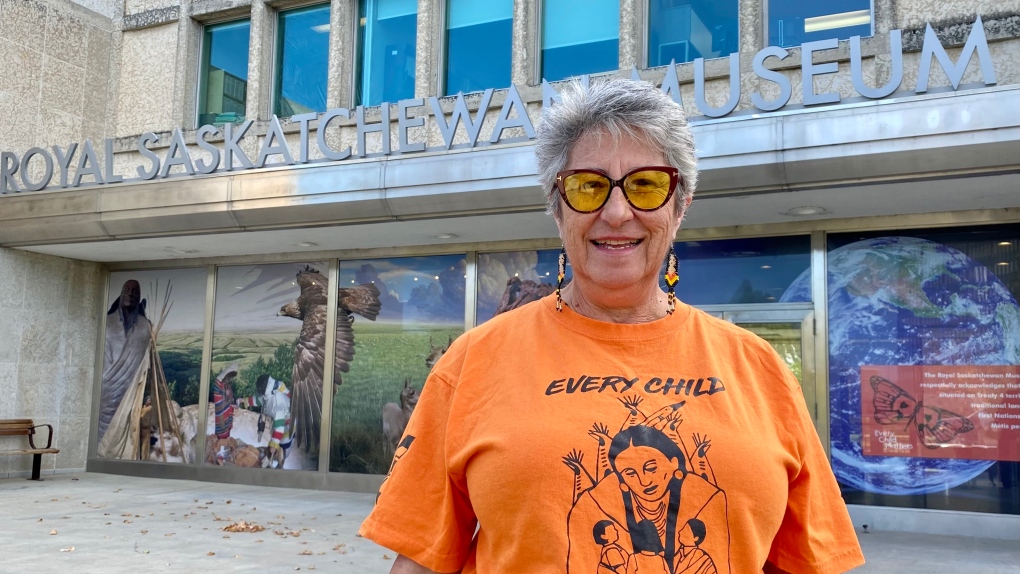
'I expect more': Why some Indigenous people in Sask. want land acknowledgements to change
CTV
It has become common to hear a land acknowledgement at the beginning of any event or meeting. However, some people believe it is time to put the words into action.
These days, it is more common than not to hear a land acknowledgement at the beginning of any event or meeting.
The recognitions became popular following the Truth and Reconciliation Commission’s (TRC) Calls to Action in 2015 as a way to honour Indigenous peoples’ rights to the lands we live on.
Eight years later, many believe it is time to put the words into action.
“They have done a good enough job. However, as an Indigenous person when the land acknowledgements actually start, I tolerate them,” said matriarch Brenda Dubois. “I expect more and I think if you were in my shoes, you’d expect more, too. Let’s not just get stuck with the land acknowledgement. We need to move beyond.”
Dubois believes land acknowledgements have turned into forms of “optical allyship.”
Enough time has passed since they were first introduced and it is time to evolve the practice, she said.
“It’s nice to hear that you acknowledge the land we are sharing. But how are you treating this land? How are you related to this land?” Dubois said.





















 Run 3 Space | Play Space Running Game
Run 3 Space | Play Space Running Game Traffic Jam 3D | Online Racing Game
Traffic Jam 3D | Online Racing Game Duck Hunt | Play Old Classic Game
Duck Hunt | Play Old Classic Game